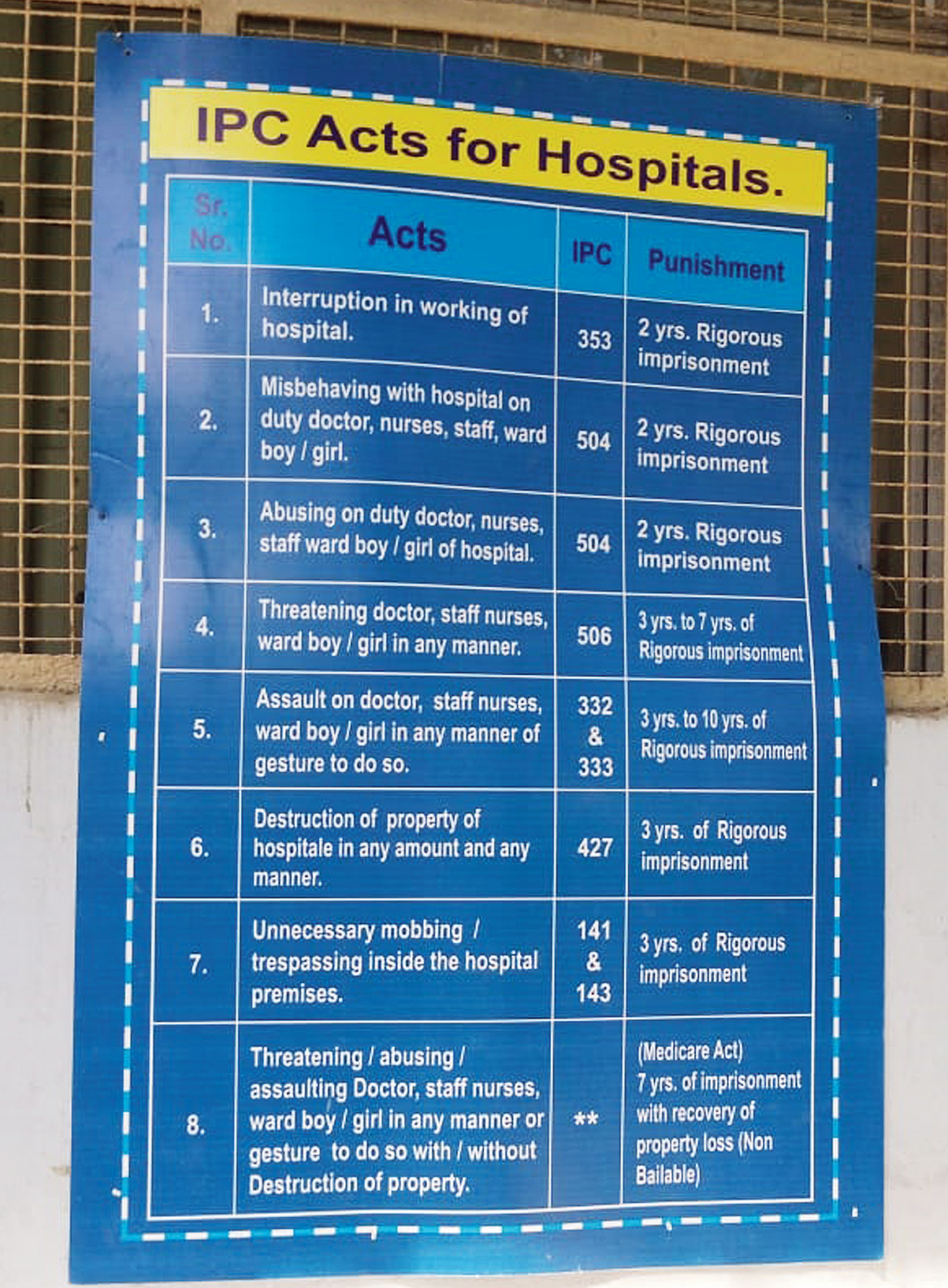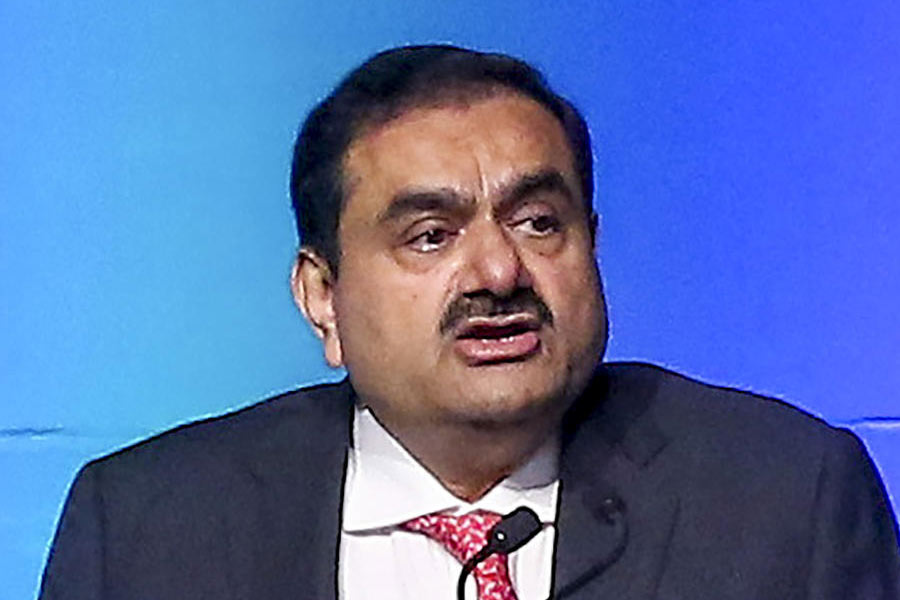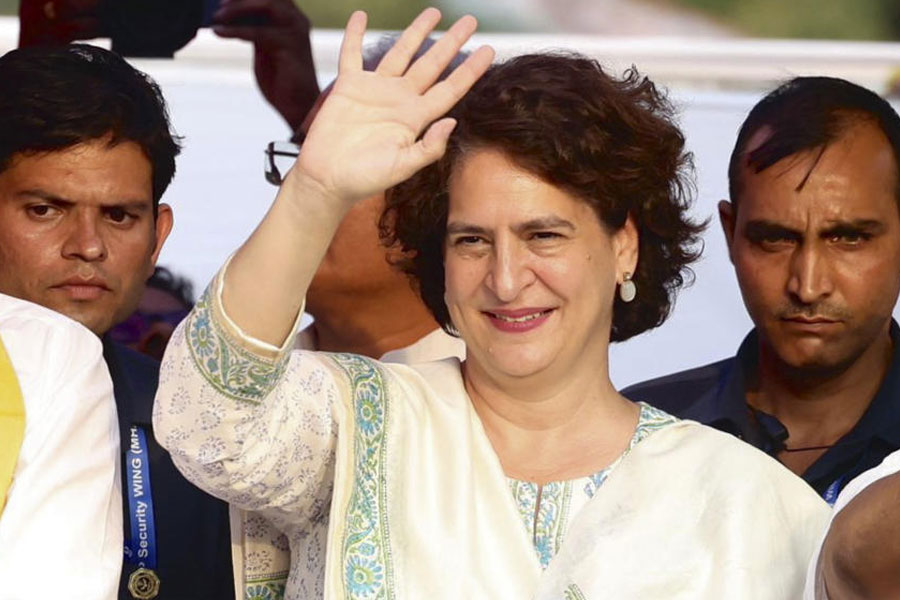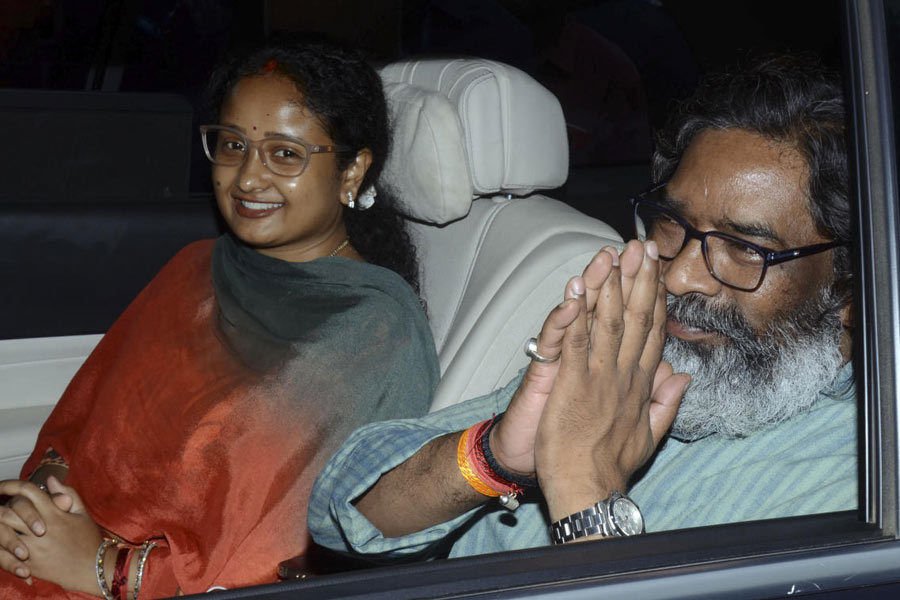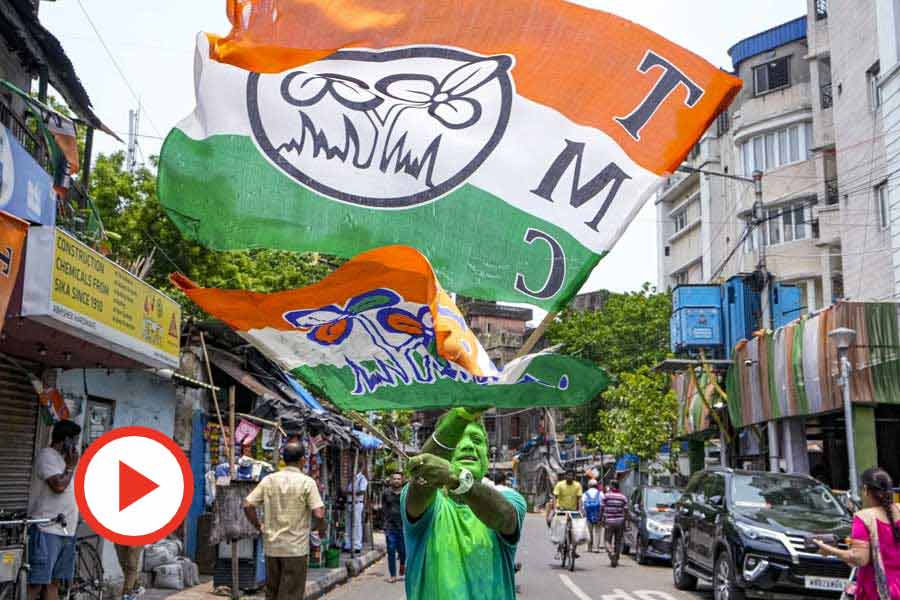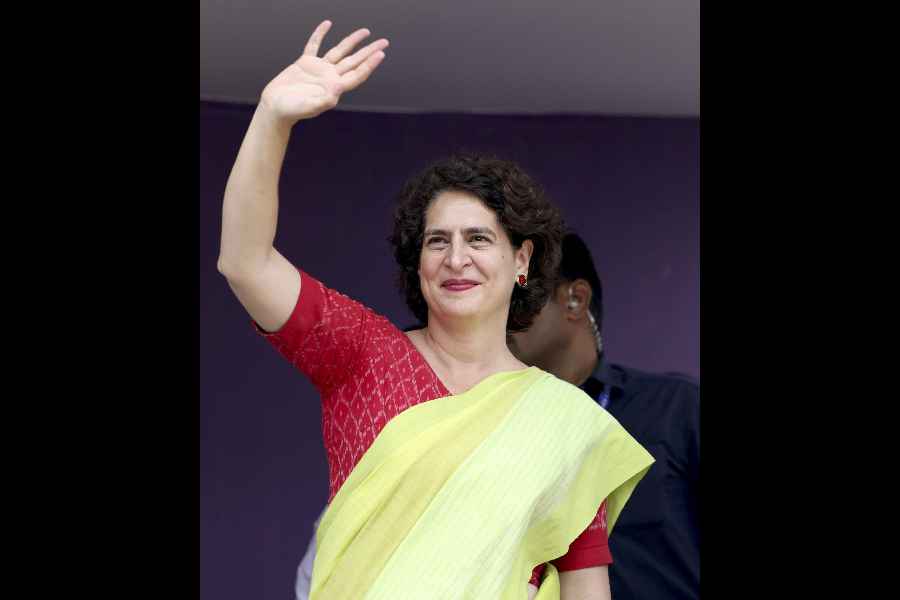Threatening doctors and nurses: Three to seven years of rigorous imprisonment.
Assaulting a doctor or a nurse: Three to 10 years of rigorous imprisonment.
Misbehaving with on-duty doctors: Two years of rigorous imprisonment.
Boards spelling out sections of the Indian Penal Code (IPC) that may be applied following violence at a government hospital have been put up across various parts of the Infectious Diseases Hospital in Beleghata as a reminder to patients of the possible consequences of their action.
The boards — titled “IPC Acts for Hospitals” — have been displayed at prominent places inside the hospital, including wards, outpatient department and the pharmacy, where patients and their relatives usually gather.
Since June, when a group of junior doctors were allegedly assaulted at the NRS Medical College and Hospital, triggering a chain shutdown of government hospitals, this is the first move at any hospital to remind patients of the possible fallout of attacking medical staff.
While this may be just a step towards spreading awareness, patients said they wanted assurance from the hospitals that doctors and nursing staff, too, would behave well with their families and address their grievances.
“These boards are meant for protecting doctors and nursing staff in government hospitals,” said Dilip Das of Sripur in Habra. He had come to the ID hospital with his daughter, a dengue-patient.
Das said: “But what about the assurance that doctors would behave properly with patients and their kin? How do we get an assurance that relatives would be informed about an ailment?”
The boards in blue and white have a brief description of the acts, the respective IPC sections and the possible punishment written in bold in both English and Bengali. The term of imprisonment ranges from two years to seven years depending on the nature of the offence.
The boards have been put up at 31 points across the Beleghata Main Road hospital. “The idea is to spread awareness among patients and their relatives,” said Asis Manna, the acting superintendent of the hospital. “We have placed some of these boards in the wards where patient parties gather.”
Calcutta police sources said the acts were chosen during a meeting between senior officials of the health department and the police at Swasthya Bhawan soon after chief minister Mamata Banerjee assured the agitating junior doctors that adequate steps would be taken to ensure their protection at medical colleges and hospitals.
Senior officers had picked upon certain IPC acts and short-listed eight of them while poring over the criminal case that was drawn up at Entally police station in the aftermath of the alleged attack on junior doctors at NRS medical college, sources said.
“All the five medical colleges and some hospitals have been asked to put up the boards. Hopefully, others would come up with them shortly,” said a senior official of the health department.
A section of junior doctors said the move was long overdue but wondered about the fate of several other cases of alleged assault on junior doctors, including the one at Burdwan medical college.
Within days of the alleged assault on junior doctors at NRS medical college, four junior doctors at Burdwan medical college were allegedly attacked by some irate patients.
“What about several other cases of attack on doctors that we had pointed out to the director general of the state police during our last meeting?” asked a junior doctor.
“Just putting up such boards can’t be the answer.”

